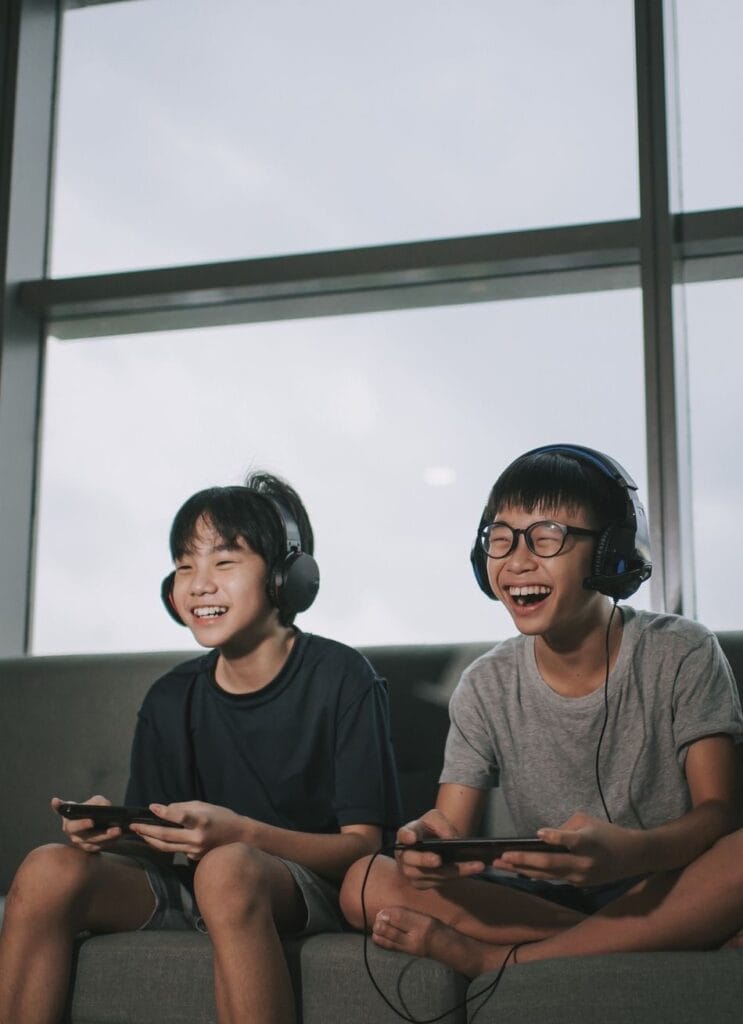In our hyperconnected world, social gaming has become a go-to way for many of us to interact with others. Whether we’re in a quick match with teammates or just hanging out in the game world, these experiences offer a sense of companionship. Yet, despite the constant connection, there’s often a lingering feeling of being out of sync with the very people we game with. This disconnect is ironic. Social games are designed to bring people together, yet the connections we form often feel shallow, confined to the boundaries of the game. How often do we step beyond these interactions? How often do we really connect with the person behind the avatar? Conversations tend to revolve around the game, leaving little room for personal discussions that build genuine relationships. Over time, this can create a sense of distance, even among those we interact with regularly.
One of the ways to overcome this barrier is to take the conversation beyond the confines of the game. While it’s easy to stick to in-game topics, making an effort to discuss life outside of the virtual world can significantly deepen your relationships. For instance, after a gaming session, consider asking your friends about their day, their interests, or even their thoughts on a recent event.
For example, if you enjoy playing competitive games like Fortnite but think the interactions are shallow, consider switching to Overcooked 2. In order to accomplish the goals of the levels, you must collaborate closely with your squad and communicate with them in this cooperative gameplay. Because of the hectic, fast-paced nature of the game, you are forced to depend on one another, which can improve your relationship with your game buddy. If you enjoy large-scale strategy games like League of Legends consider trying Divinity: Original Sin 2, a game that allows for more storytelling and role-playing elements. In this game, you can collaborate with your friends to create unique narratives, making decisions that impact the entire party. This level of engagement can lead to deeper understanding of each other’s perspectives.
Additionally, if you typically play games like Call of Duty for the thrill of competition but find that it doesn’t help you connect with others, try a game like Sea of Thieves. Sea of Thieves requires constant communication and teamwork as you and your friends explore the open seas, solve puzzles, and engage in battles. The shared experiences and challenges in this game help to form more memorable interactions.
Next, to blend online and offline interactions. If you live near your gaming friends, organize in-person meetups. Whether it’s grabbing a coffee, catching a movie, or just hanging out. Maybe it’s time to rethink how you connect. To choose games that actually push you to work together instead of just competing. To bring a real-world element—like a quick video call or a casual meetup—helps bridge that gap. At the end of the day, what matters is for the connections to last longer once the game is over. Are you ready to level up your relationships and make them truly meaningful?


